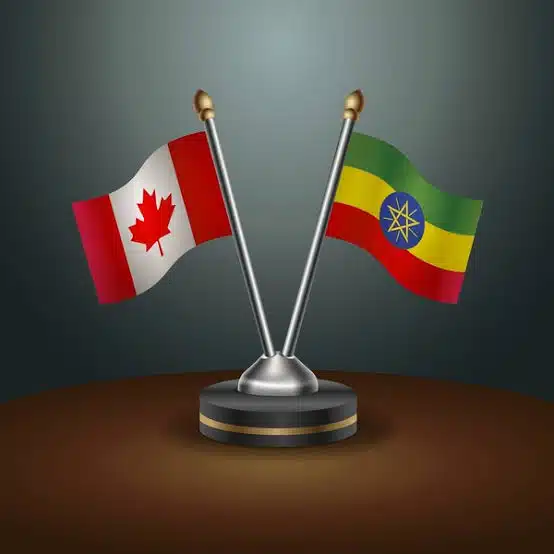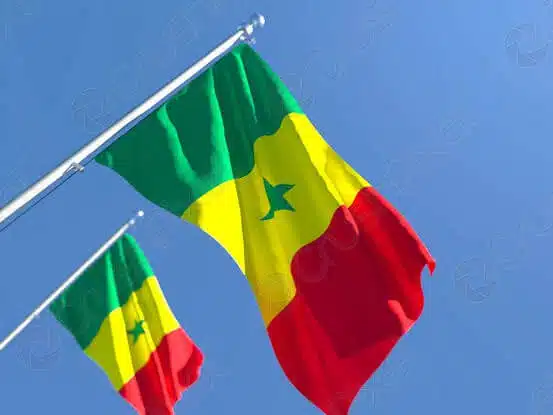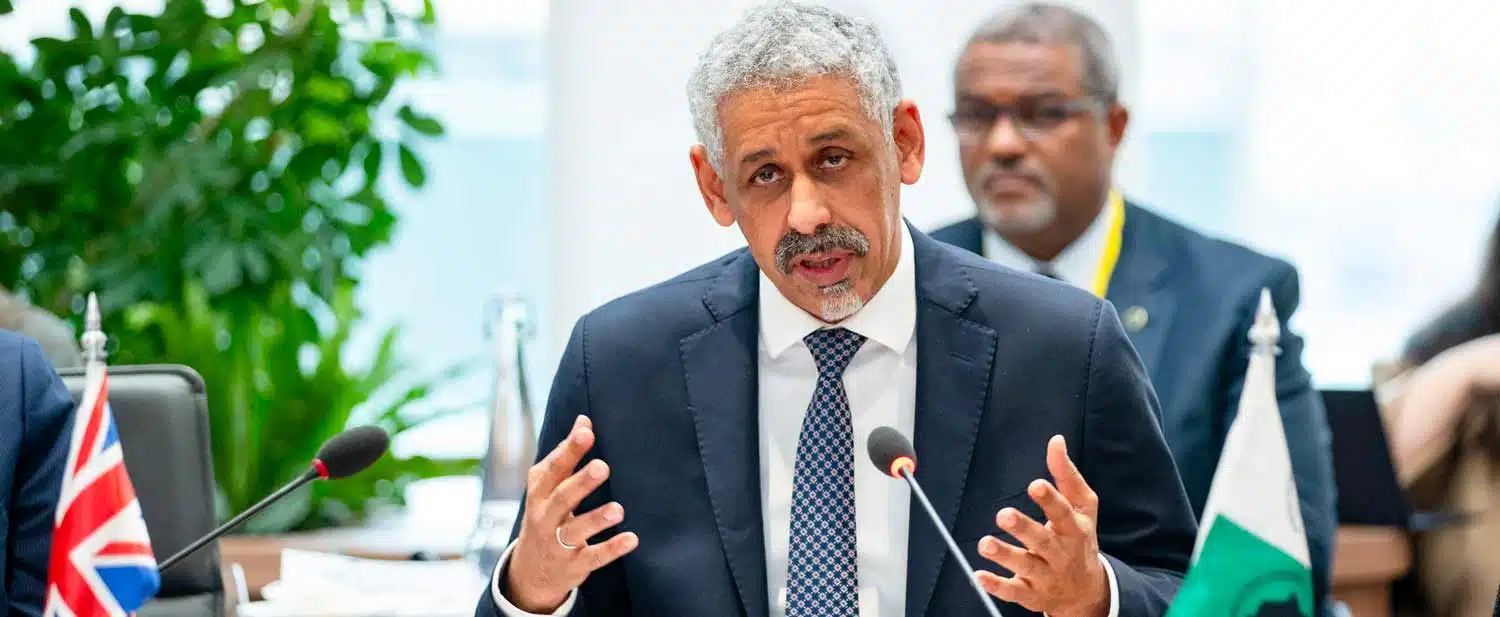As Ethiopia opens its doors to foreign investment, Canada is positioning itself to be among the first in line, with legal safeguards in place.
During a visit to Addis Ababa last week, Randeep Sarai, Canada’s Minister of International Development, met with Ethiopia’s Minister of Finance, Ahmed Shide, to discuss a proposed Foreign Investment Protection Agreement (FIPA).
If finalised, the treaty would grant Canadian investors the right to take disputes with the Ethiopian government to international arbitration, protecting them from abrupt policy shifts, expropriation, or discriminatory treatment.
The talks come as Ethiopia, Africa’s second-most populous country, intensifies its economic liberalisation efforts. After years of state-led controls, the government is now opening up key sectors—such as agriculture, mining, and energy—under a $3.4 billion International Monetary Fund reform programme. Foreign direct investment into the country surged nearly 22% year-on-year to $3.98 billion in 2024. However, investor concerns remain around legal protections and foreign exchange access.
Canada’s interest is part of a broader shift in its engagement with Africa. Under its new Africa Strategy, Ottawa, the country’s capital, is moving away from an aid-centric model toward private sector-led partnerships. Instruments like FIPA are designed to de-risk investments and provide Canadian firms with greater confidence to operate in emerging markets such as Ethiopia.
However, such treaties also raise questions about the limits of national regulatory authority. Critics warn that investor-state dispute settlement (ISDS) mechanisms, often embedded in agreements like FIPA, can restrict a government’s ability to regulate in the public interest, particularly in areas such as labour rights, digital policy, and environmental protection.
Ethiopia currently has no FIPA agreements with G7 nations and limited experience with ISDS, according to the US Department of State. For Addis Ababa, finalising this treaty would mark a significant milestone and a signal to global investors that the country is open for business and serious about protecting capital.
Shide briefed the Canadian delegation on Ethiopia’s recent economic reforms, including exchange rate liberalisation, tighter monetary policy, and fiscal consolidation—all designed to restore macroeconomic stability and boost investor confidence.
Despite progress, the country faces fiscal challenges. Ethiopia’s external debt stands at $28 billion, though it has secured $3.5 billion in debt relief under the G20’s Common Framework.
Canada is unlikely to be the only country watching Ethiopia’s next move. As the African Continental Free Trade Area (AfCFTA) gathers pace, investor interest in markets like Ethiopia is growing. But the challenge remains: ensuring that foreign capital aligns with national development priorities, not just investor returns.
For now, the FIPA talks serve as more than just diplomatic engagement—they are signals. Ethiopia is opening up, and the world is watching.










